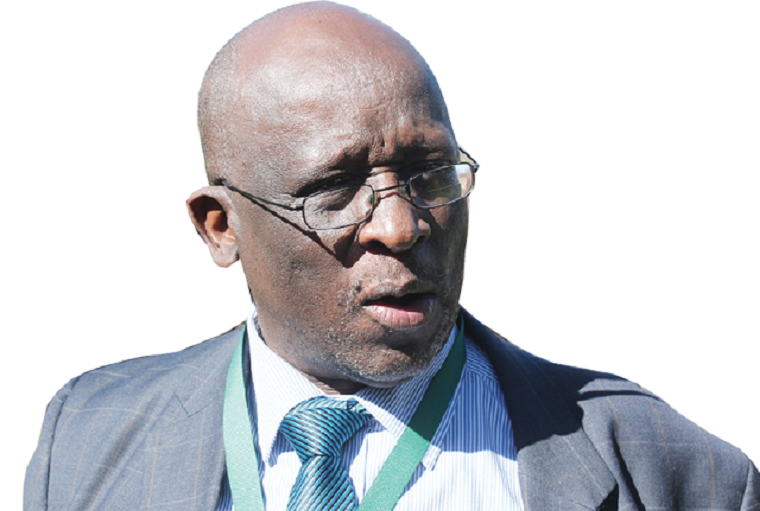Zimbabwe says its decision to freeze recruitment of public sector workers has lowered its wage bill to 65 percent of expenditure, from around 85 percent previously and resulted in monthly savings of $10 million.
The government, with a budget funded entirely on taxes, has struggled to contain employment costs for its estimated 250 000 strong workforce.
The country’s wage bill for 2017 is expected to chew $3 billion of the $4.1 billion budget.
In August last year, the state ordered a freeze on hiring but some critical departments such as health and education were allowed minimum employment.
“The bid taken by government to try and contain recurrent expenditure, especially those to do with the wage bill is that we are now saving $10 million per month in terms of how much we are spending on employment costs,” Finance secretary, Willard Manungo told the Parliamentary Portfolio Committee on Finance yesterday.
“However, the revenues have not responded positively and there is still a mismatch between expenditure and revenue realisation, and the biggest challenge remains the issue of employment costs where we continue to spend 65 percent of the budget just on wages,” he said.
Manungo said the gains in reduction of employment costs were realised through the employment freeze across all government departments.
“In the health sector we allowed for employment of 2 000 nurses, mindful of the challenges, and in education 10 000 additional teachers were required but we allowed for an extra 2 000 to try and ensure that at classroom level there is an element of order,” he said.
Manungo noted that the wage bill for the education and health sectors alone was $1.4 billion out of the $3 billion government salary bill.
The education sector accounts for $1.1 billion and health $275 million.
“These are reflected by the increase in the number of Treasury Bills to finance government borrowings,” he said.
Central bank governor John Mangudya, who appeared before the same committee, said the state’s manipulation of the Real Time Gross Settlement (RTGS) is the primary cause of the cash shortage that is presently choking the economy.
“Employees are getting salaries through RTGS. We need to remain within the plastic money realm,” Mangudya said.
The mismatch has resulted in nostro accounts being used for local payments, he added.
“We have domesticated use of the dollar since 2009 and simultaneously we should have policy measures to improve the supply of that forex. We are using foreign currency for purchases, importing fuel and electricity and raw materials, and shortages of foreign currency is a symptom of challenges affecting the economy,” Mangudya said.- The Source
(66 VIEWS)







0 Comments